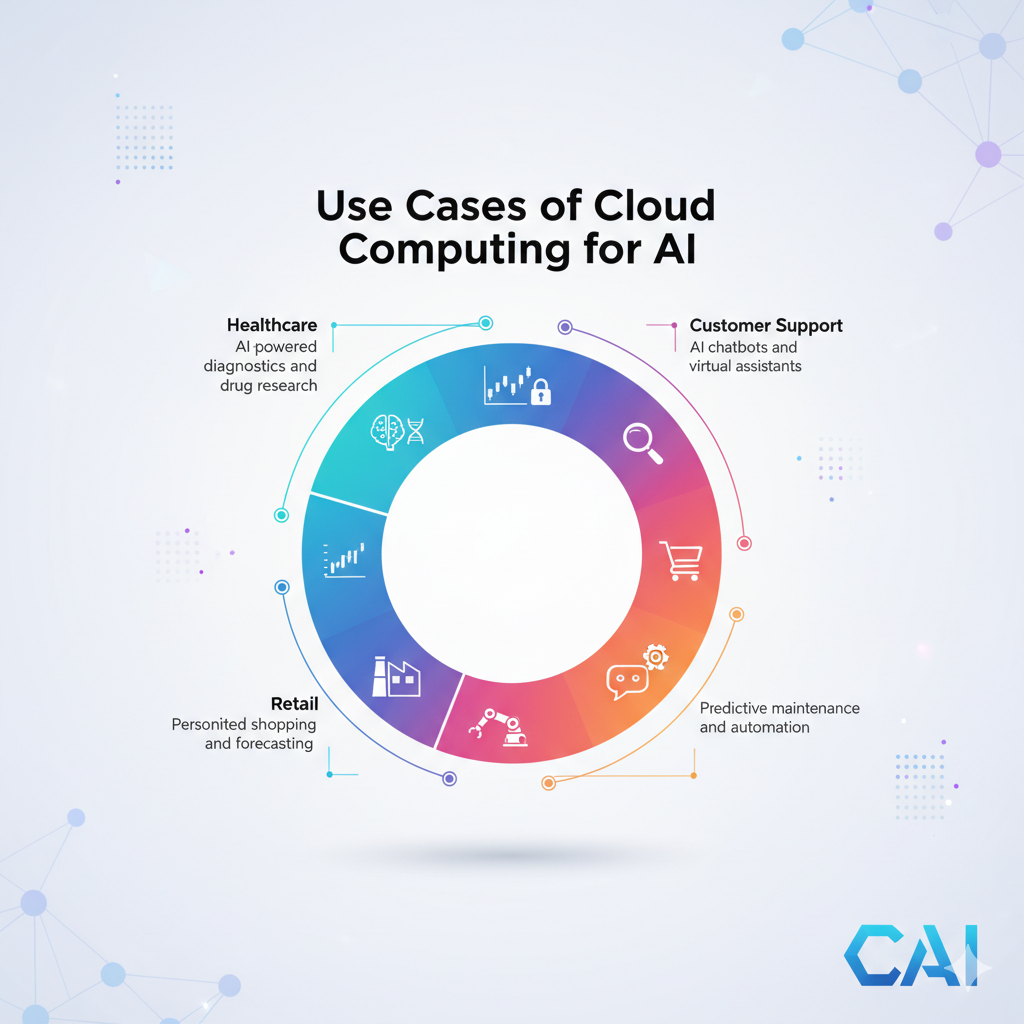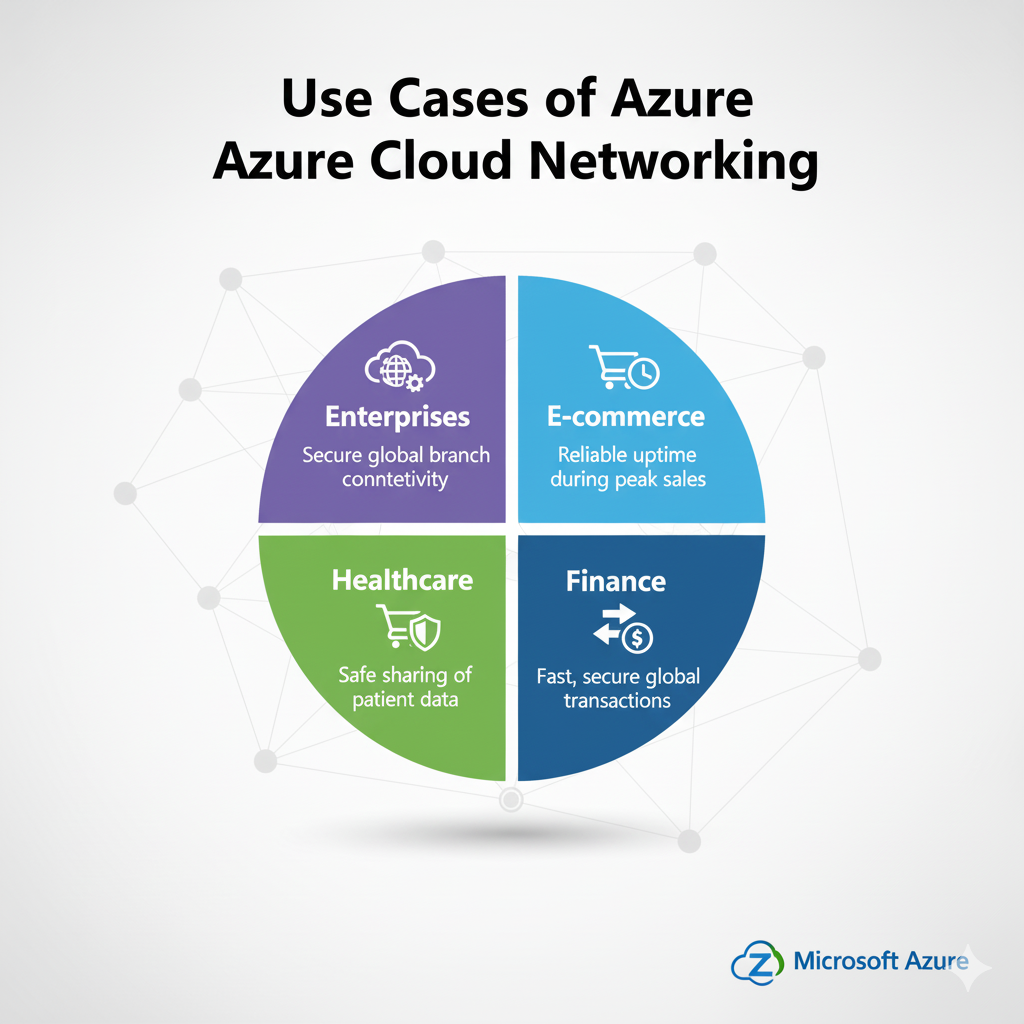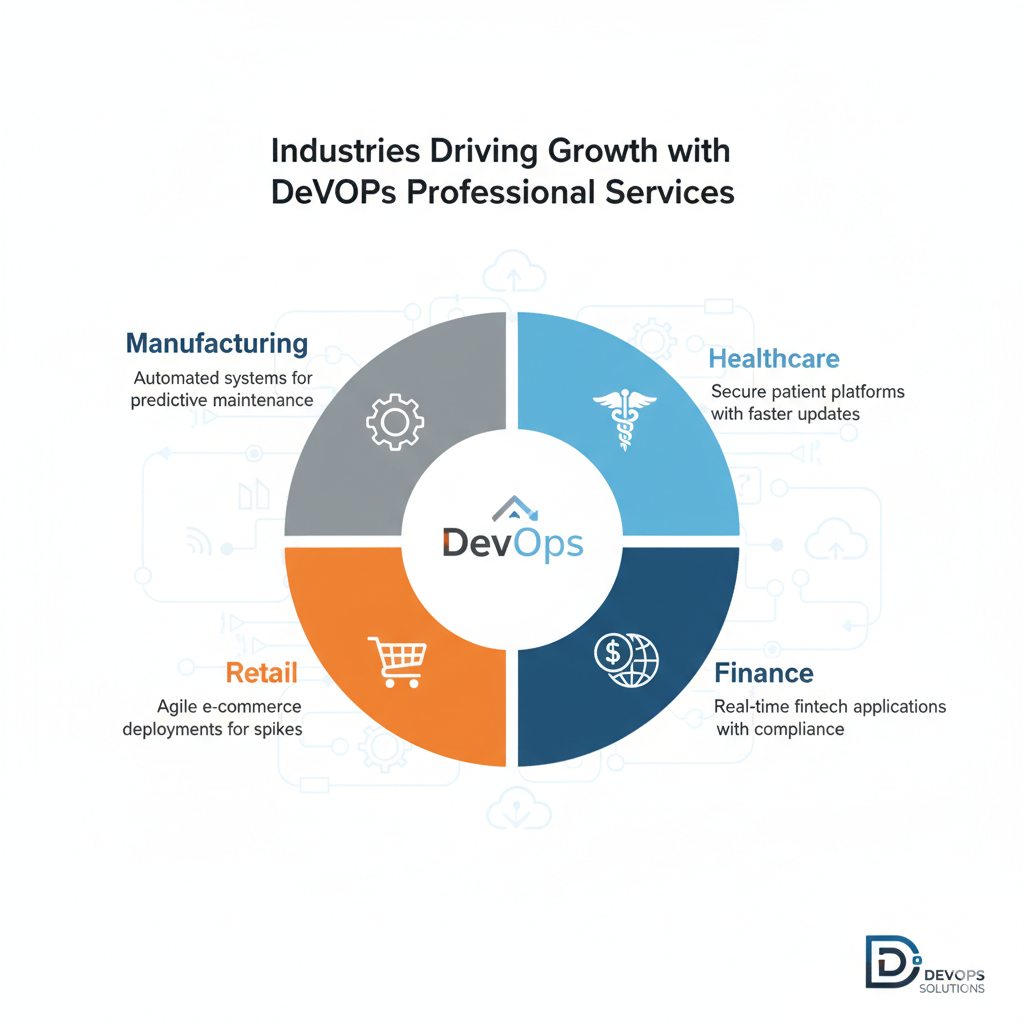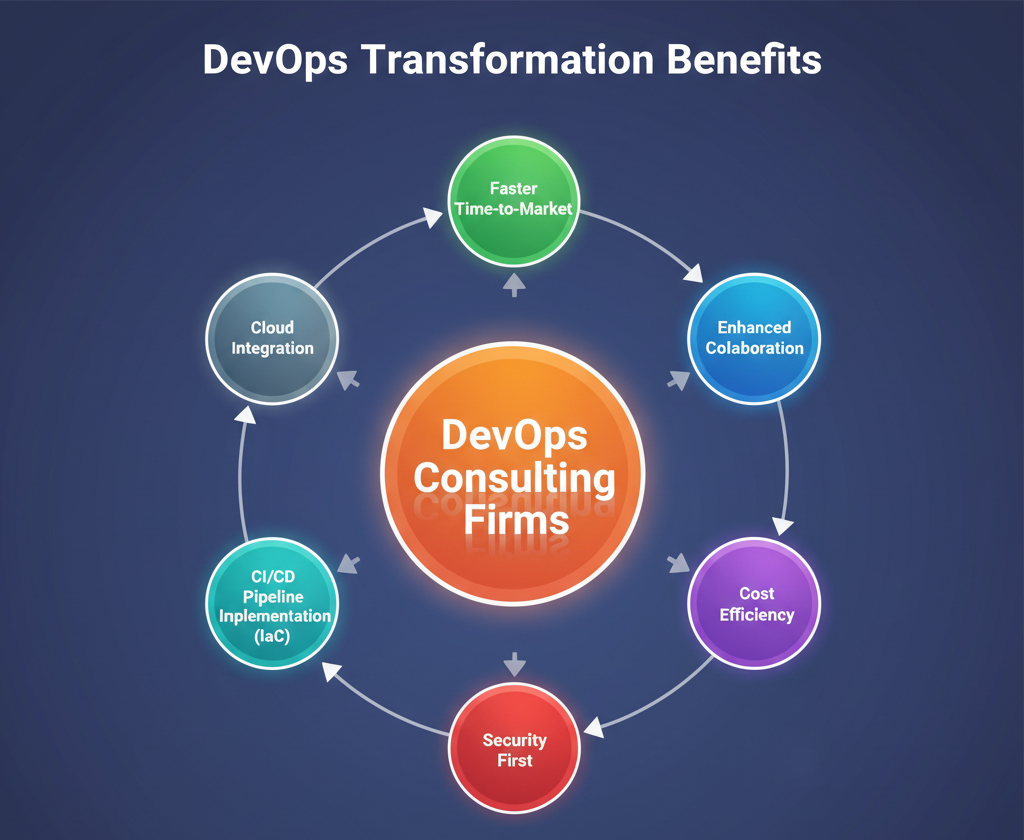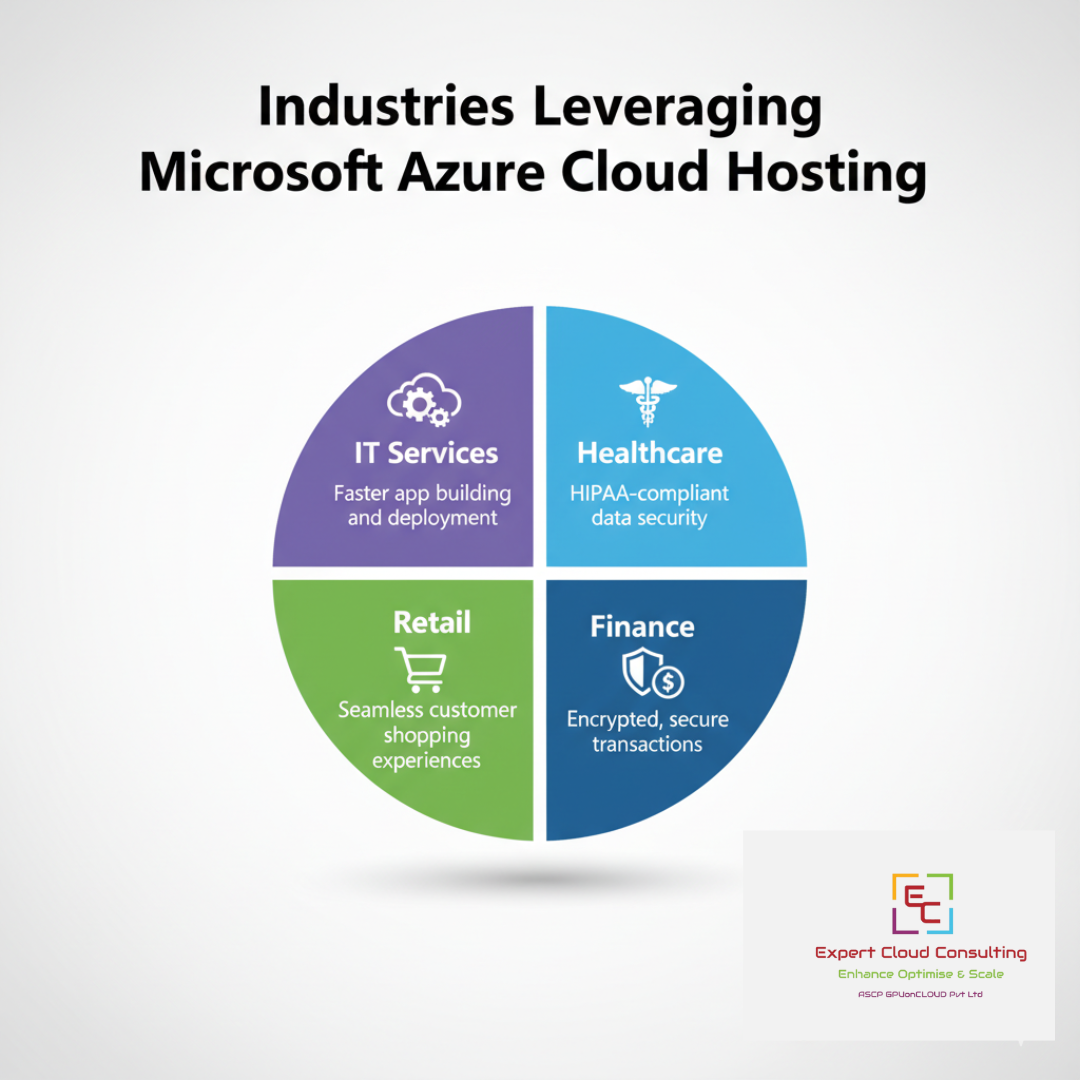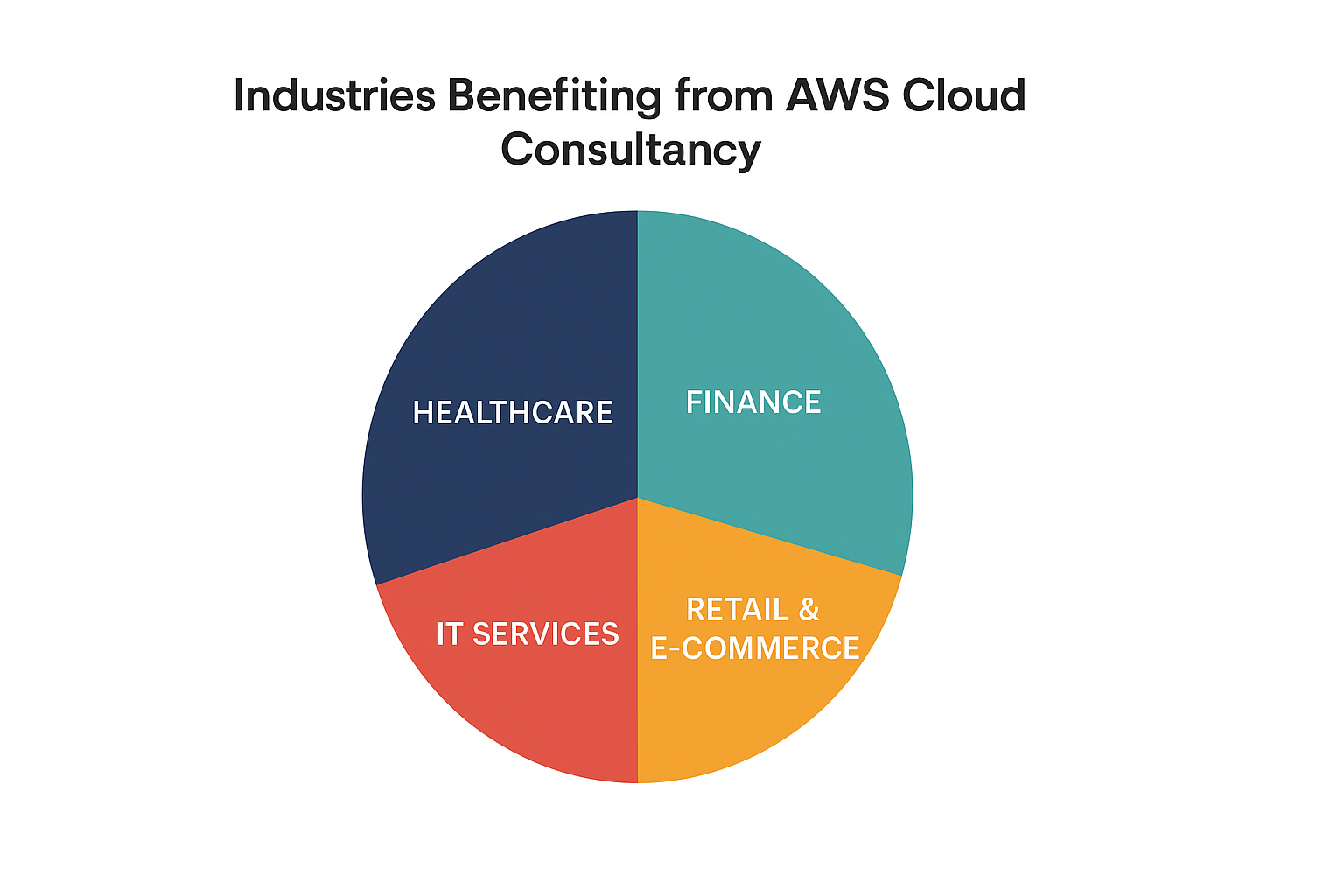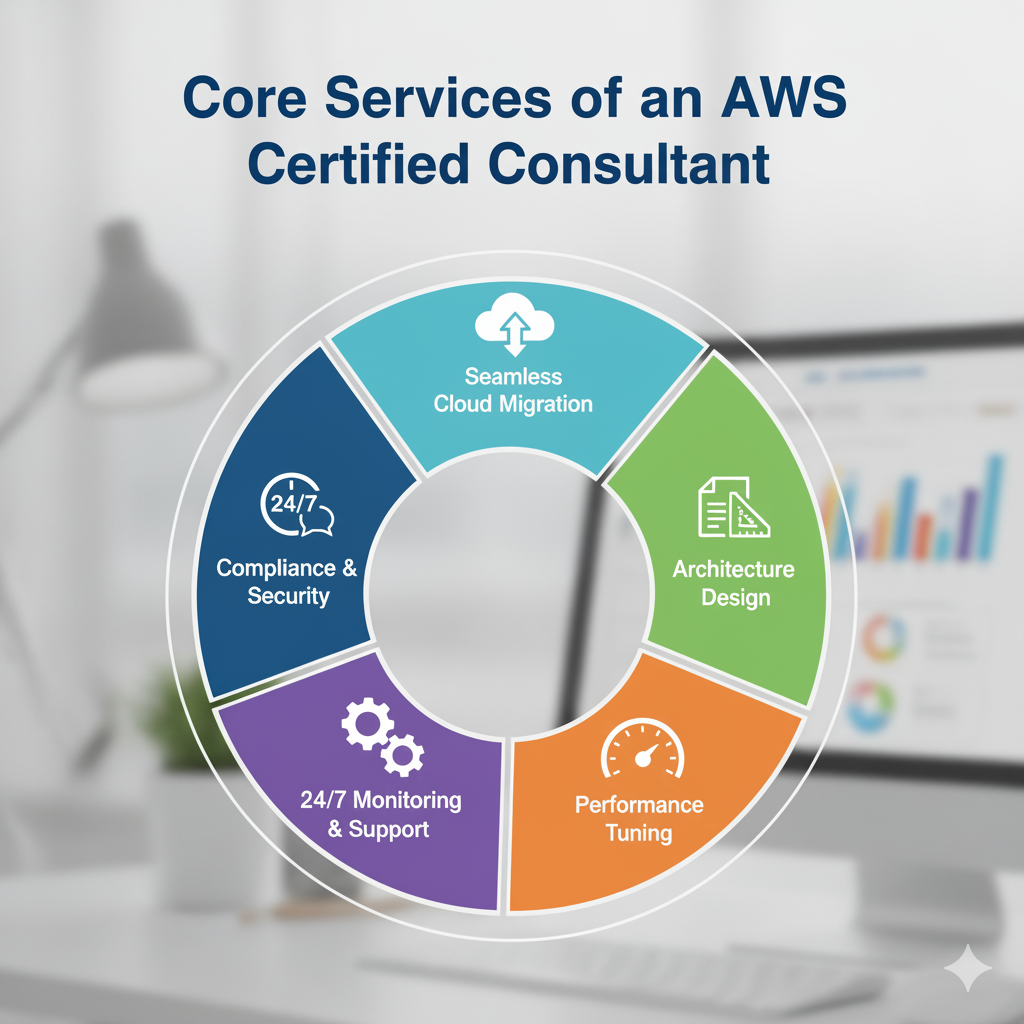Introduction
Are you ready to demystify the cloud and harness its full potential? Microservices are here to simplify your journey into the world of cloud services, making scalability and efficiency your new best friends. In this blog post, we'll explore how Microservices Simplify Cloud Services, empowering you to build, deploy, and manage your applications in the cloud like a pro!
The Limitations of Monolithic Services :
Monolithic services in the cloud, while once popular, come with their limitations. They often lack the agility and scalability that modern applications demand, making it challenging to adapt to changing workloads and deploy updates without disruptions. Additionally, the monolithic architecture can hinder development velocity, as it necessitates coordination between multiple teams working on a single codebase, potentially leading to slower innovation.
The Power of Microservices in the Cloud
Microservices is an architectural style that breaks down complex applications into smaller, independent services that communicate with each other through well-defined APIs. Each microservice focuses on a specific business capability, enabling flexibility, modularity, and scalability.
Implementing Microservices Effectively:
Define Clear Boundaries: Clearly define the scope and responsibilities of each microservice to ensure they align with specific business functions.
Design for Independence: Ensure each microservice can operate independently, minimizing dependencies on other services.
API-First Approach: Design robust and well-defined APIs to facilitate seamless communication between microservices.
Decentralized Data Management: Each microservice should have its dedicated data storage, reducing complexity and improving performance.
Monitoring and Logging: Implement comprehensive monitoring and logging systems to track the performance and health of microservices.
Automated Deployment: Use automation for deployment, testing, and scaling to streamline the development and maintenance processes.
Benefits of Microservices
1.Scalability
Microservices allow you to scale your application components independently. This means you can allocate resources precisely where they're needed, optimizing performance and cost-effectiveness.With services like Amazon EC2 Auto Scaling, AWS Lambda, and Amazon ECS, you can automatically adjust the number of instances or containers based on traffic spikes or increased workload, ensuring your application remains responsive and available.
2. Rapid Development and Deployment
Microservices facilitate agile development and deployment. Smaller, focused teams can work on individual services, leading to faster development cycles and quicker time-to-market.The cloud platforms provide a suite of services like AWS Lambda, AWS API Gateway, Google Cloud Functions, and Azure App Service that empower development teams to rapidly create, deploy, and scale microservices, enabling faster development cycles and quicker time-to-market for applications.
3.Managed Services:
AWS provides managed services like Amazon RDS, Amazon DynamoDB, and AWS Elastic Beanstalk, relieving you of the operational burden of managing databases, infrastructure, and application deployments. This allows you to focus more on developing and improving your microservices. GCP provides Google Kubernetes Engine (GKE), a managed Kubernetes service that simplifies the deployment, management, and scaling of containerized microservices. GKE integrates well with other GCP services for seamless operations.
4. Security:
Implement strong security measures to protect microservices and data.AWS offers a secure environment for your microservices, with features like AWS Identity and Access Management (IAM), AWS Key Management Service (KMS), and AWS WAF providing robust security mechanisms. You can implement fine-grained access controls and encryption to protect your microservices and data.
5. Cost-Efficiency:
With AWS, you only pay for the resources you use, making it a cost-effective solution for hosting microservices. Additionally, AWS offers pricing models such as pay-as-you-go and reserved instances, allowing you to optimize costs based on your application's requirements and usage patterns.
6. Flexibility:
Microservices offer a flexible approach to software development, allowing for modularity, technology stack diversity, integration capabilities, resilience, and optimized resource utilization—all contributing to an agile and adaptable system. AWS provides a wide range of services that cater to different aspects of microservices architecture. From compute and storage to databases and messaging, AWS has it all. This flexibility allows you to choose the best-suited services for each microservice component, enhancing performance and efficiency.
Real-World Success Stories
Companies like Netflix, Spotify, and Airbnb have leveraged Microservices in the cloud to deliver top-notch services at scale. Their success is a testament to the power of this architecture.
Conclusion
In the dynamic world of cloud services, Microservices are the key to unlocking agility, scalability, and efficiency. They simplify the complexities of the cloud, making it accessible to organizations of all sizes. Embrace the future of cloud computing, one microservice at a time! ☁️
#CloudComputing #MicroservicesSimplified #Innovation #Tech




